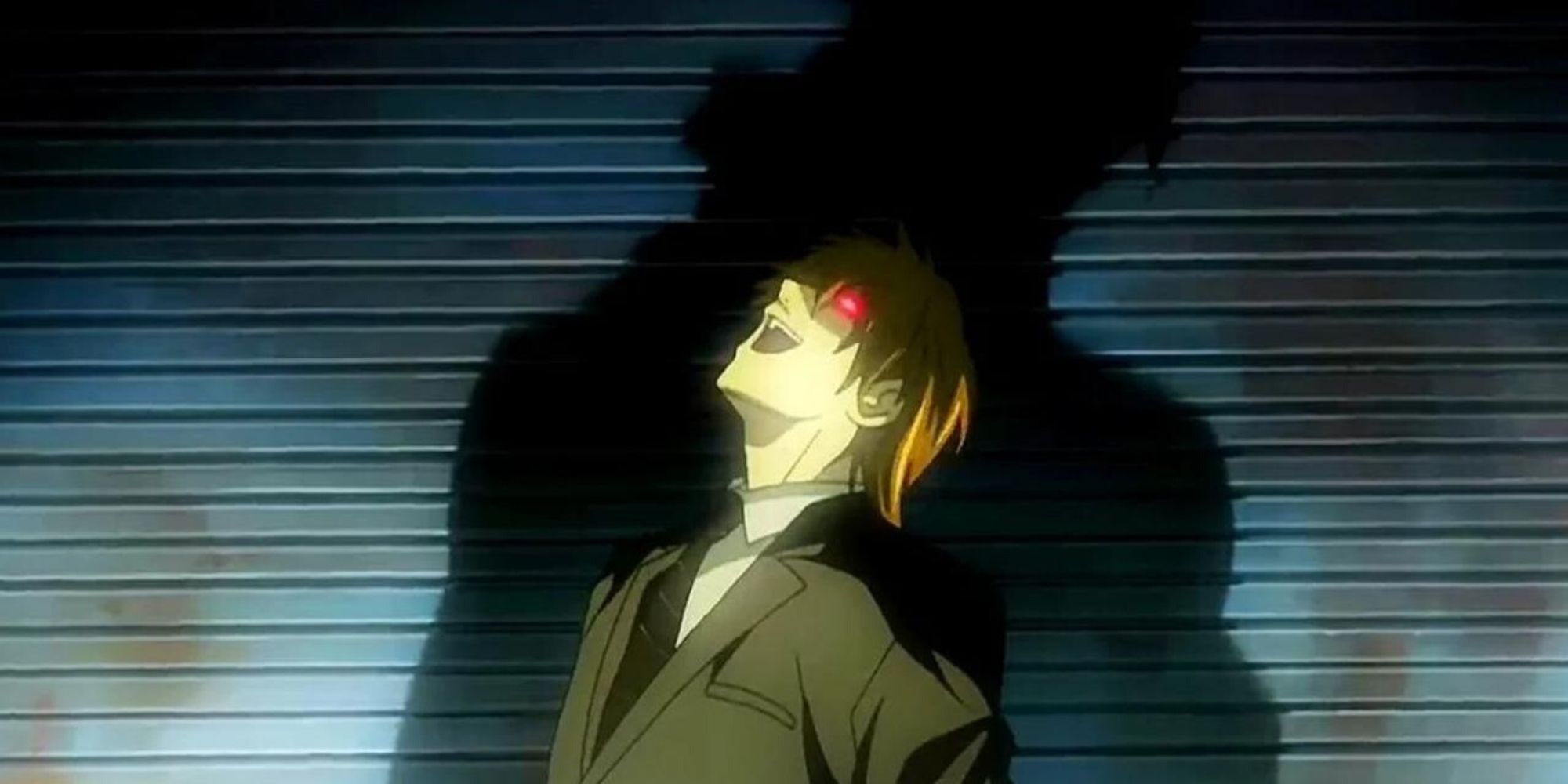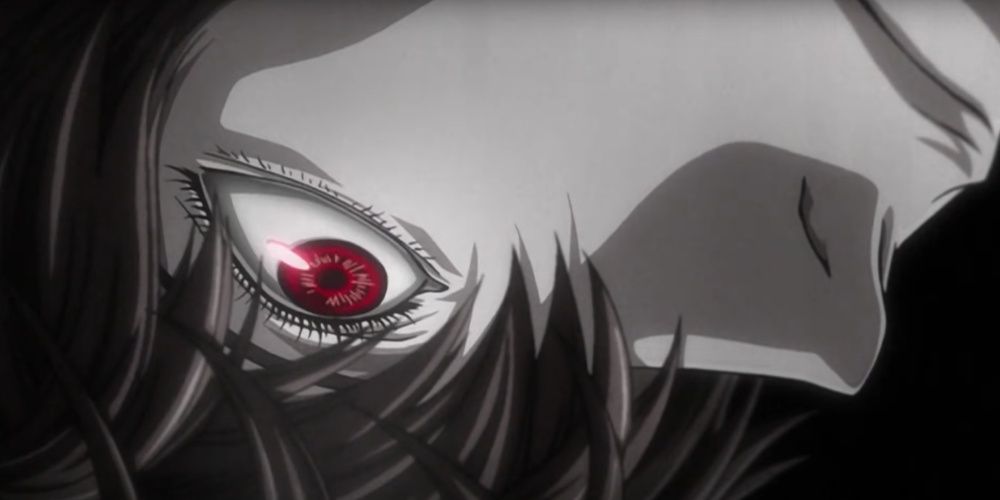
Unveiling Light's Demise: Comparing Death Note's Anime vs Manga

Explore the contrasting portrayals of Light's demise in the Death Note anime and manga Delve into the intricate details of each medium's treatment of this pivotal event, and uncover the unique perspectives that bring the story to life
Highlights
Death Note is a classic anime with complex themes, intriguing characters, and a gripping story that has earned it a place in the anime Hall of Fame.
In the manga, the protagonist Light meets a more gruesome and humiliating death in front of an audience, whereas in the anime, his demise is depicted as peaceful and lonely. The manga emphasizes the downfall of Light's character and the lesson that playing god leads to no ethical outcome.
The anime series Death Note has earned its place in the anime Hall of Fame as a mega-hit. With its thought-provoking exploration of life and death, captivating characters, and intense storytelling, it is truly a classic. If you have ever sought a recommendation to embark on your anime journey, chances are that an anime fan has insisted on you watching Death Note.
This year marks the twentieth anniversary of the original manga that inspired the anime, while the anime itself is seventeen years old. It has been quite a while since we witnessed Light's demise at the hands of the shinigami Ryuk and his Death Note. However, were you aware that Light's destiny takes a different path in the manga compared to the anime?
RELATED:
Light's Death in the Anime
Known by the pseudonym Kira, Light gains immense notoriety by eliminating criminals. His actions inspire a devoted following, with his supporters revering him as a deity and constructing shrines in his honor. Among these devoted followers is Mikami Teru, a young man working as a criminal prosecutor, who views Kira's pursuit of justice as a reflection of his own ideals. Publicly expressing his unwavering support for Kira, Mikami eventually assumes the role of the "Hand of Kira" and actively assists Light in the events leading up to his eventual demise.
In the final moments of the anime, Light and Near have their own plans in motion leading up to their final face-off at the Yellow Box Warehouse. As a result, Mikami attends the meeting with a Death Note, which Light believes is real, but Near knows it is fake because he had previously swapped the books. Light arrogantly gloats about his impending victory as Mikami writes the names of all the police and task force members in the Death Note, excluding Light's name. However, when it is revealed that the Death Note Mikami is using is a fake, Light is exposed as Kira, and Near's plan emerges triumphant.
After six years of maintaining composure and making calculated moves, Light has a breakdown and descends into a state of manic episode. Amidst his cackling laughter, he confesses that he is Kira and tries to justify his actions by claiming he is working towards creating a better world. In his eyes, he sees himself as a symbol of justice. He argues that killing him would be unwise, considering the significant decrease in global crime rates and the establishment of a utopia under his version of justice. He acknowledges that murder is wrong, but urges others to recognize that he alone possesses the ability to eliminate truly corrupt individuals. Unfortunately for Light, his persuasive tactics fail to convince anyone. Near denounces him as a ruthless murderer, wielding the "most heinous murder weapon in history". Light is merely a serial killer deluding himself into thinking he is a deity.
In a fleeting moment, Light attempts to kill Near by using a scrap page from the Death Note to write his name. However, Matsuda, Light's task force colleague, intervenes and prevents him from doing so by shooting him. Matsuda confronts Light, questioning the purpose behind all of this. Light reveals that even his own father, who was a police officer, was killed by his hands to bring about his vision of a new world order. Ignoring Matsuda's pleas, Light makes another attempt to write Near's name, but Matsuda shoots him multiple times in order to stop him. In a desperate and agonizing state, lying in a pool of his own blood, Light pleads with Mikami to kill everyone and reflects on the fate of those who were once part of his life, including Misa.
Driven by horror and despair, Mikami takes his own life by stabbing himself. While the police tend to Mikami, Light silently slips out of the warehouse and escapes. Near instructs his team not to pursue him, realizing that Light will not get very far with his injuries. As Light runs into the sunset, his life flashes before his eyes, and Ryuk, the Shinigami who possesses the Death Note, watches him with a sense of sorrow over their past time together. As per the agreement between Ryuk and the first human to encounter the Death Note, it is Ryuk's duty to write Light's name in the Death Note when his time comes to die. Understanding that Light has lost and not wanting to witness his arrest and uncertain fate in prison, Ryuk writes Light's name in the Death Note, resulting in his lonely death on a set of steps, while enveloped in the vibrant hues of the sunset.
Light's Death in the Manga
Similar to the anime, Light's plans crumble before him, causing him to break down completely. Once a cool criminal mastermind, he is now reduced to a pitiful mess, exposed as a mere human in front of everyone. The manga's events align with the anime, leading up to Matsuda shooting Light. In this version, Light frantically orders Mikami to use the Death Note and kill everyone, claiming it is his "role". However, he realizes he cannot do so with a fake Death Note. Unlike the anime, Mikami does not choose to kill himself at this moment. Instead, he rejects Light as a god and shouts, "You are not a god at all!" Desperate for help, Light even cries out to Misa, who is absent. Several characters, including Ryuk, share their observations as they witness Light's downfall.
In a state of panic, Light pleads with Ryuk to use the Death Note to kill everyone. While the task force panics, Near remains calm, reasoning that if Ryuk truly intended to kill them, he would have done so already. Light begs Ryuk, insisting that he is the only one who can assist him. Fueled by fear, the police shoot at Ryuk but fail, as no earthly creature can harm a shinigami. Light finds amusement in this, believing Ryuk will support him. He mocks Near, who lies wounded, claiming he should have killed him sooner, and declares that they are the ones now facing their demise. However, to Light's horror, Ryuk contradicts him, stating, "No, Light. It is you who will die."
The shocking plot twist thoroughly astounds Light. With every ounce of strength he can summon, he desperately tries to prevent Ryuk from inscribing his name in the Death Note. Struggling to rise but only ending up tumbling down, Light is confronted by Ryuk, who informs him that he is bound to lose regardless of his perspective. Rather than proving his resourcefulness, Light has inadvertently relied on Ryuk. In a fit of desperation, Light cries out that he does not wish to perish, only to be scornfully looked down upon by Ryuk. The Shinigami proceeds to disregard Light's pleas and follows the rules of the Death Note, writing Light's name. As his impending heart attack looms, Light's composure crumbles even further. His mental breakdown persists until his last few moments, painting a picture of him as an embarrassing and desperate figure. Repeating the refusal to die in his thoughts, Light eventually meets his demise at the very feet of Ryuk. In contrast to the anime's quiet and solitary death, Light perishes in an ignoble manner.
Light's death in the manga is significantly more brutal compared to the anime. In the anime, Light vanishes and perishes alone, leaving Ryuk with a sense of remorse likely due to their six-year acquaintance. Having witnessed Light's true nature, Ryuk seems saddened by the person he has become. In a secluded place, he eliminates Light and bids him farewell. The anime represents this scene with warm sunset hues, symbolizing the end of both daylight and Light himself. It is almost serene, the way his downfall is portrayed in the anime.
In contrast, Takeshi Obata chooses to humiliate Light as much as possible in the manga. His death occurs entirely in the presence of an audience, as Light weeps and pleads for his life. Each participant involved in his capture has something to say about him. Mikami deems him a false deity, Near identifies him as a mere serial killer, and even Ryuk expresses disappointment in him. Disturbed by Light's unmasking, Ryuk disassociates himself from the ordeal. He imparts the ultimate lesson to Light that he is not a god. Ultimately, Death Note conveys the lesson that no human possesses divine qualities and that assuming the role of a god leads to no morally sound outcomes.











